NBA
Lakers Legend Jerry West Dies at 86
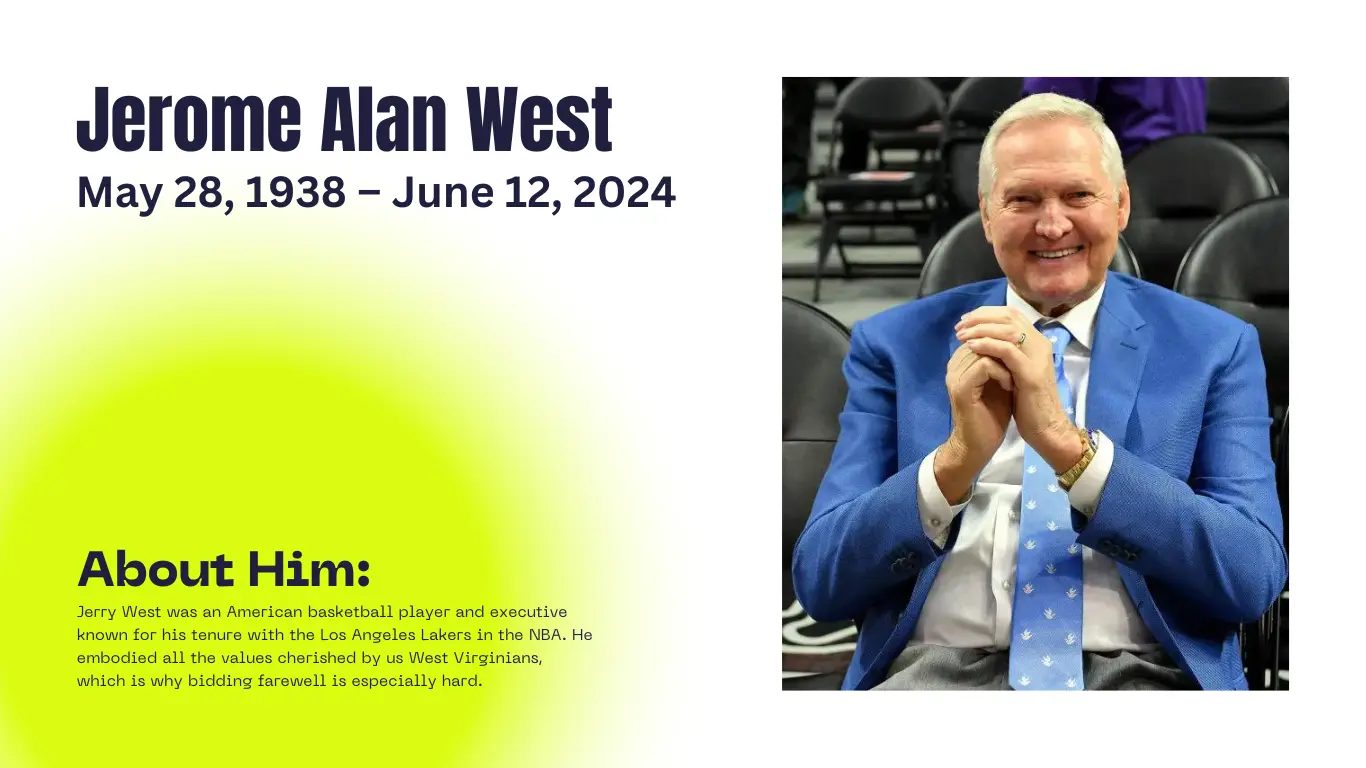
Jerome Alan West, known as Jerry West, was a famous American basketball player and executive. He played for the Los Angeles Lakers in the NBA. People gave him several nicknames.
One nickname was “the Logo” because his silhouette used as the NBA logo. Another nickname was “Mr. Clutch” because he often made important play at crucial moments. For example, in the 1970 NBA Final against the New York Knicks, he made a famous 60-foot shot at the buzzer to tie Game 3.
He also called “Mr. Outside” because he was great at shooting from long distance. Lastly, he known as “Zeke from Cabin Creek,” referring to the creek near his birthplace in Chelyan, West Virginia.
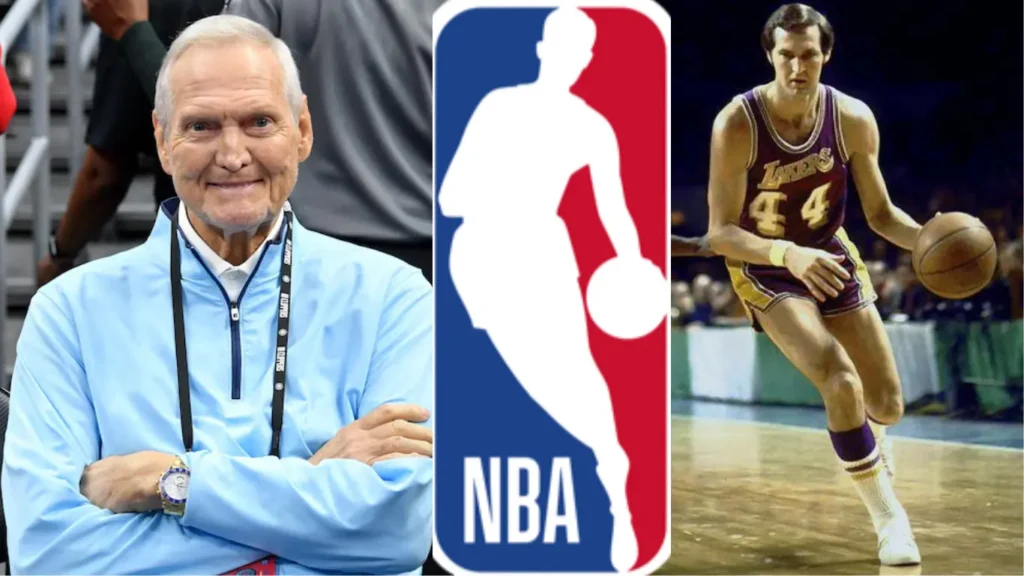
I arrived at work at 9 am. First, I checked my social media to see how my friends were doing. Then, I started thinking about leaving early in the afternoon to walk my dog. While I was thinking about this, my boss, Michael Fragale, came into the office. He told me that Jerry West had just died.
Imagine a basketball crashing through your front window!
As the person in charge of write obituaries for the department, I often have to prepared. Sometimes, I need to have drafts ready in case one of the school’s legendary figures passes away. This was true for Hot Rod Hundley and Sam Huff, who had both been in poor health for some time before they died.
But Jerry West, the man who always showed so much energy, vitality, and strength? It’s hard to believe that someone like him could ever pass away, but even Peter Pan grows old eventually. Where do you start with a man who achieved so much? What do you include, and what do you leave out?
It’s impossible to capture all of Jerry West’s accomplishments in a short amount of time. He lived a remarkable 86 years, full of achievements and memorable moments. How can you capture everything he meant to the people of this great state and to those who love and cherish West Virginia University?
When you’re unsure where to begin, starting at the beginning is always best. For me, that means opening up my file cabinet of interviews collected over the years, including some with Jerry West himself. I have about half a dozen transcribed phone calls with him, each lasting between 20 and 30 minutes.
Some people will give you only 10 or 15 minutes before they lose interest and want to move on to other things. I’ve had many less important people do that to me.
He was always willing to spend as much time as needed to answer my questions, especially about West Virginia, West Virginia University, and his Mountaineer basketball teammates. I quickly realized that the best way to get interesting responses from Jerry was to ask him about his dear friend Willie Akers or his classmates.
I remember once asking him why there were so many exceptional basketball players in the state. During the mid 1950s when he was playing at East Bank High.
I told him a story that the late Eddie Barrett had shared with me. Virginia Tech coach Chuck Noe would look at high school game box scores in Virginia and see scores in the 40s and 50s. Then he’d look at West Virginia box scores, where the scores were in the 80s and 90s. Noe decided he wanted those West Virginia players.
“We faced the Kentucky all-star team, which supposed to have the best players in America,” he remembered. “As it turned out, we had the better players. We played them twice and won both times. It a really talented group of guys we had in West Virginia back then.”
The style of play was a major factor,” West explained. “Some coaches were more restrictive in their approach. Many coaches adopt their coaching philosophy from those they played under. At the time I recruited for college, Maryland favored a slow-paced game. I interested in the school, but I couldn’t see myself enjoying playing that way.
At that time, West Virginia coach Fred Schaus had recently retired from professional basketball. Alongside first-time assistant coach George King, who was still young and athletic, they were able to actively join practice sessions and share insights and techniques that most other coaches couldn’t.
King had been part of an NBA championship team with the Syracuse Nationals, and West remembered competing against him numerous times in the old Field House.
Having George King around maybe boosted my confidence a bit,” West reflected. “I used to scrimmage against him. He was experienced and smart, and I realized I could hold my own against him. It wasn’t going to be embarrassing for me.
It was an incredible learning environment for all of us who wanted to improve, especially because we could interact with two individuals who had played basketball at a level far beyond our own.
Fred Schaus and George King focused on building strong teams, a key to their coaching success, which Jerry clearly absorbed throughout his career.
The achievements Jerry later made as an executive with the Los Angeles Lakers, Memphis Grizzlies, Golden State Warriors, and Los Angeles Clippers trace back to the foundation laid by those well-rounded West Virginia basketball teams in the late 1950s.
Schaus persuaded Akers that he’d have a more fulfilling role supporting Jerry West at West Virginia University than being the star player at Virginia Tech or Wake Forest, where other top players from the state were headed at the time.
Willie had a simple goal when he chose to join WVU and play basketball alongside his friend Jerry West.
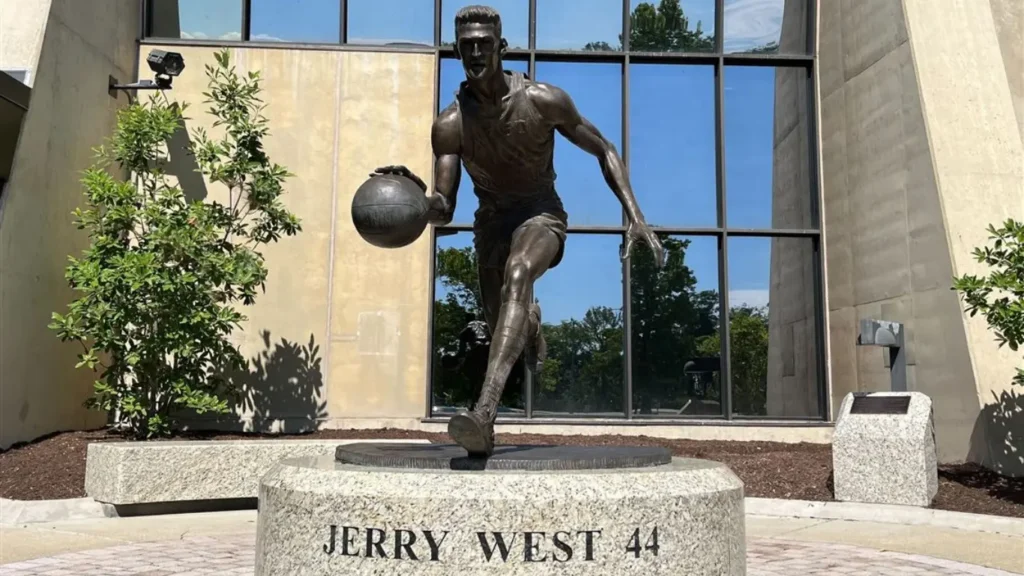
“I just wanted to win,” he said. So, Willie came to WVU and teamed up with Lloyd Sharrar, Bobby Joe Smith, and Jim Ritchie to grab rebounds and play defense. Guards like Joedy Gardner, Don Vincent, Bucky Bolyard, Ronnie Retton, and Lee Patrone handled the ball, while Jerry took the tough shots and stepped up whenever needed.
Every player on our team was fiercely competitive—they’d do anything to grab a loose ball.
We were extremely competitive,” West reminisced. “Even though some were more laid-back, they were still driven to win. They were wonderful people, and for someone as quiet and reserved as me, it was a new experience. They brought me out of my shell and made me laugh, although I remained serious.
I had the opportunity to witness Jerry West’s seriousness firsthand when I was invited to join a speaking program alongside him in Lewisburg, West Virginia.
Jerry was promoting his new book, and I had just published “Roll Out the Carpet.” The plan was for me to warm up the crowd for half an hour with stories about Hot Rod Hundley, Wil Robinson, and Levi Phillips before Jerry took the stage.
After sharing some humorous anecdotes, it was time for me to step off and return to the Green Room. There, I encountered Jerry West, shook his hand, and greeted him somewhat casually.
He glanced at me, shook my hand, and nodded, but his mind was already fixed on the job ahead. He had intense focus of a champion about to step into the ring. Especially his book was deeply personal and revealed and he was preparing to address some challenging questions. That’s when it struck me there are ordinary and extraordinary people.
Jerry West belonged to the latter category—an elite human being. He was the embodiment of what we West Virginians admired and aspired to be, fully aware of the significant responsibilities that came with his stature.
To everyone in West Virginia and beyond reading this, take a moment to learn from Jerry West’s life. See how he consistently showed empathy, treated others with dignity, and earned respect. Study his unwavering commitment to his obligations and his professional conduct.
Jerry West’s life is a blueprint for success. His personal journey encompasses triumphs, setbacks, memorable moments, and challenges—all rolled into one inspiring story.
He embodied all the values cherished by us West Virginians, which is why bidding farewell is especially hard.
Meanwhile, let’s lower our West Virginia flags until after West Virginia Day on June 20th in tribute to Jerry West. There won’t ever be another Jerry West—ever.
-

 Soccer6 months ago
Soccer6 months agoDutch Fans in Blackface to Imitate Ruud Gullit, One Agrees to Stop
-

 Soccer6 months ago
Soccer6 months agoEx Glamour Model Says Party with England Team Before Euros
-

 News8 months ago
News8 months agoDubai Flood, Rain Turns Desert to Aquarium🌧️🐠
-
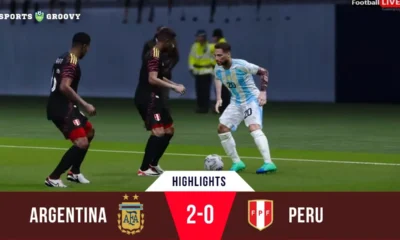
 Soccer6 months ago
Soccer6 months agoArgentina vs Peru 2-0 Highlights & All Goals Copa America 2024
-

 Entertainment7 months ago
Entertainment7 months agoThe Try Guys’ Journey From Four to Two
-
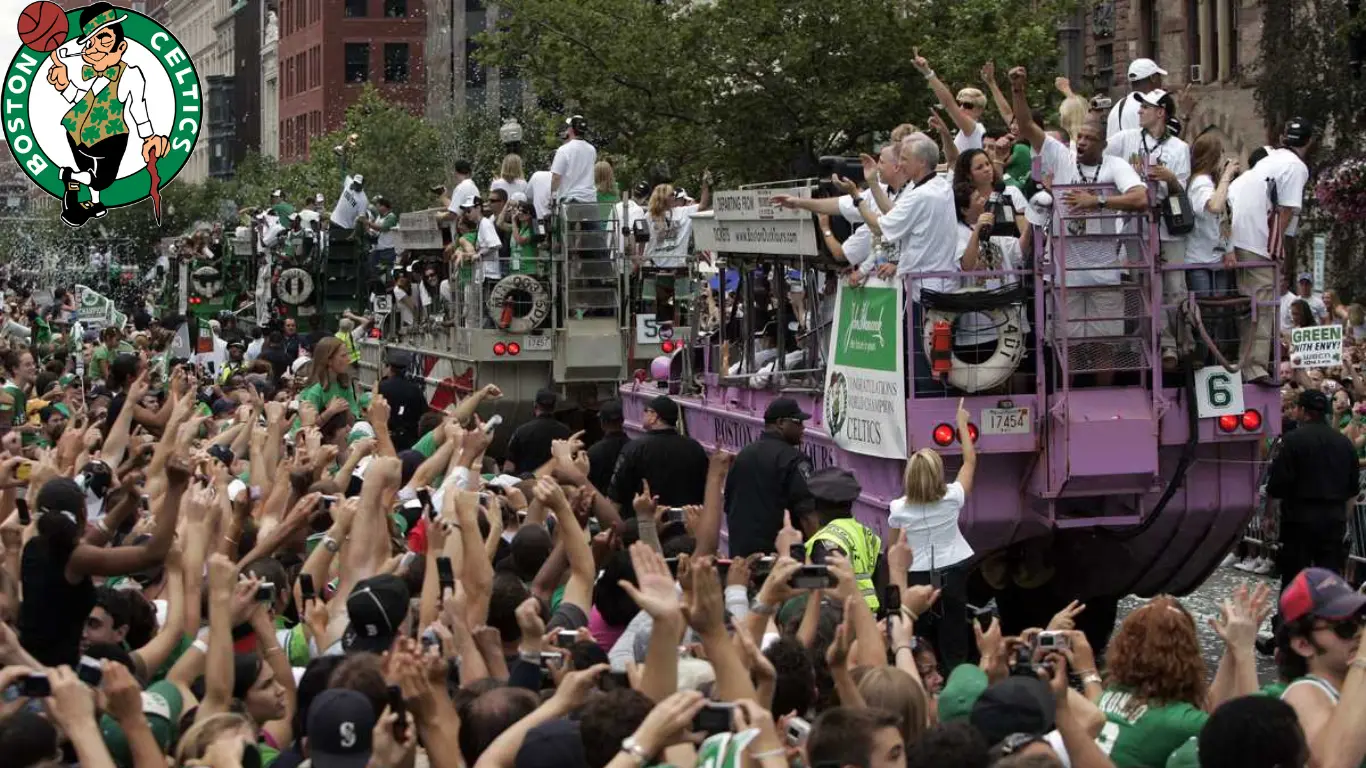
 NBA6 months ago
NBA6 months agoCelebrate with the Boston Celtics: Parade and Traffic Updates
-

 Soccer6 months ago
Soccer6 months agoVinicius Jr Scores Two Goals in Brazil’s Win Vs Paraguay in Copa America 2024
-

 Soccer6 months ago
Soccer6 months agoUEFA EURO 2024: Essential Guide and Key Information


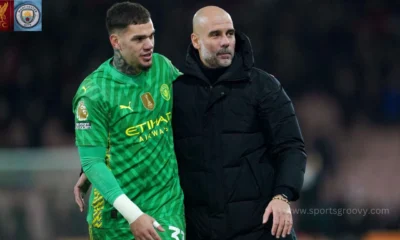

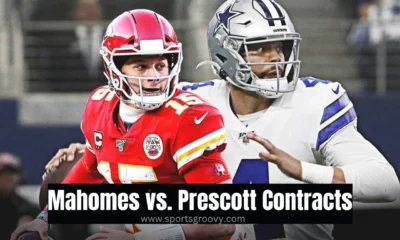

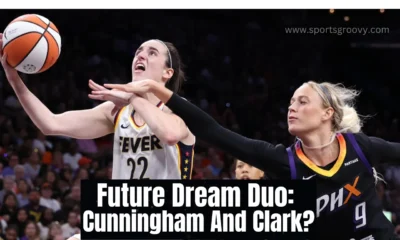

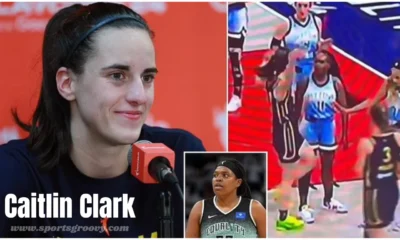





Pingback: Will Talking About Boston Celtics Parade Jinx Their Win? Mapping Past Boston Celebration Routes - Sports Groovy